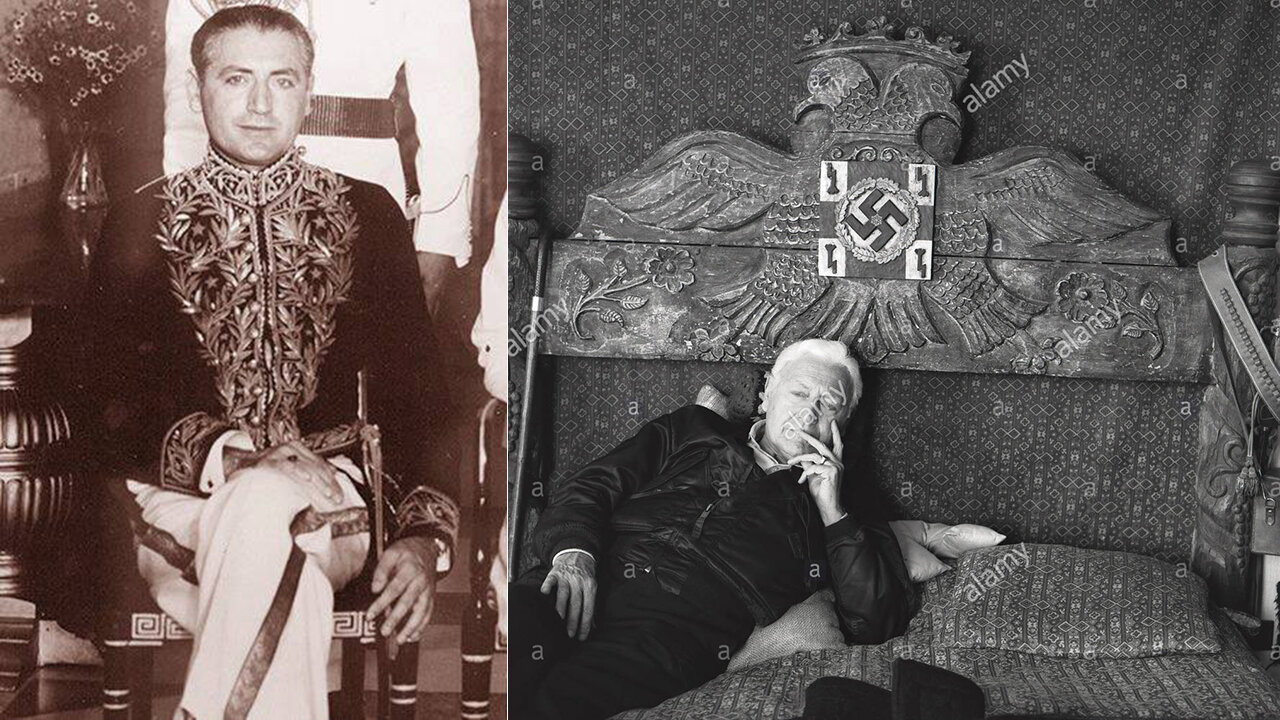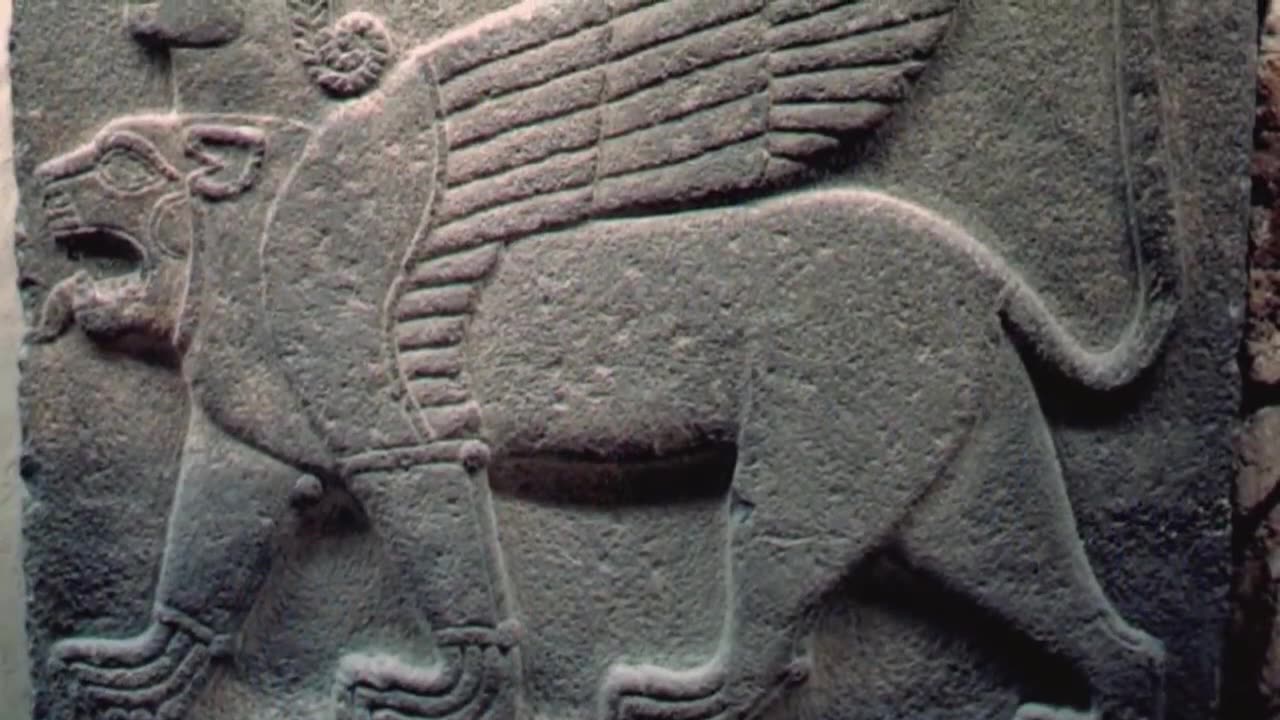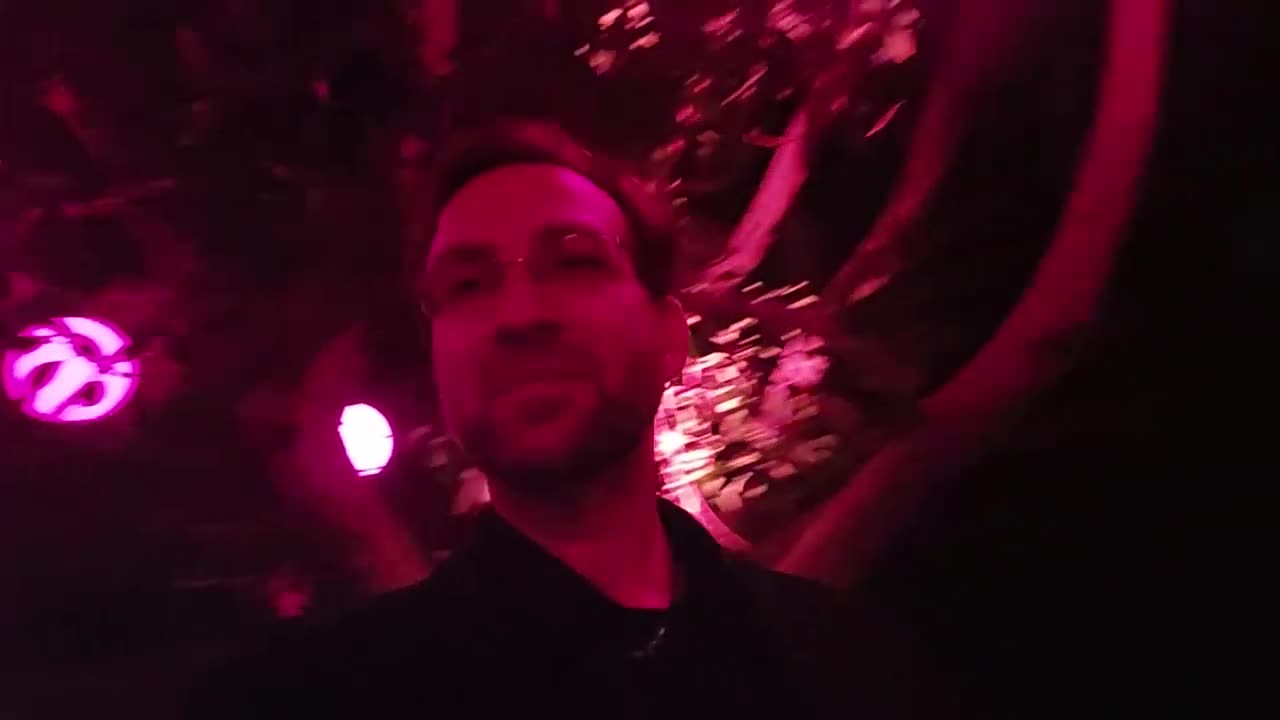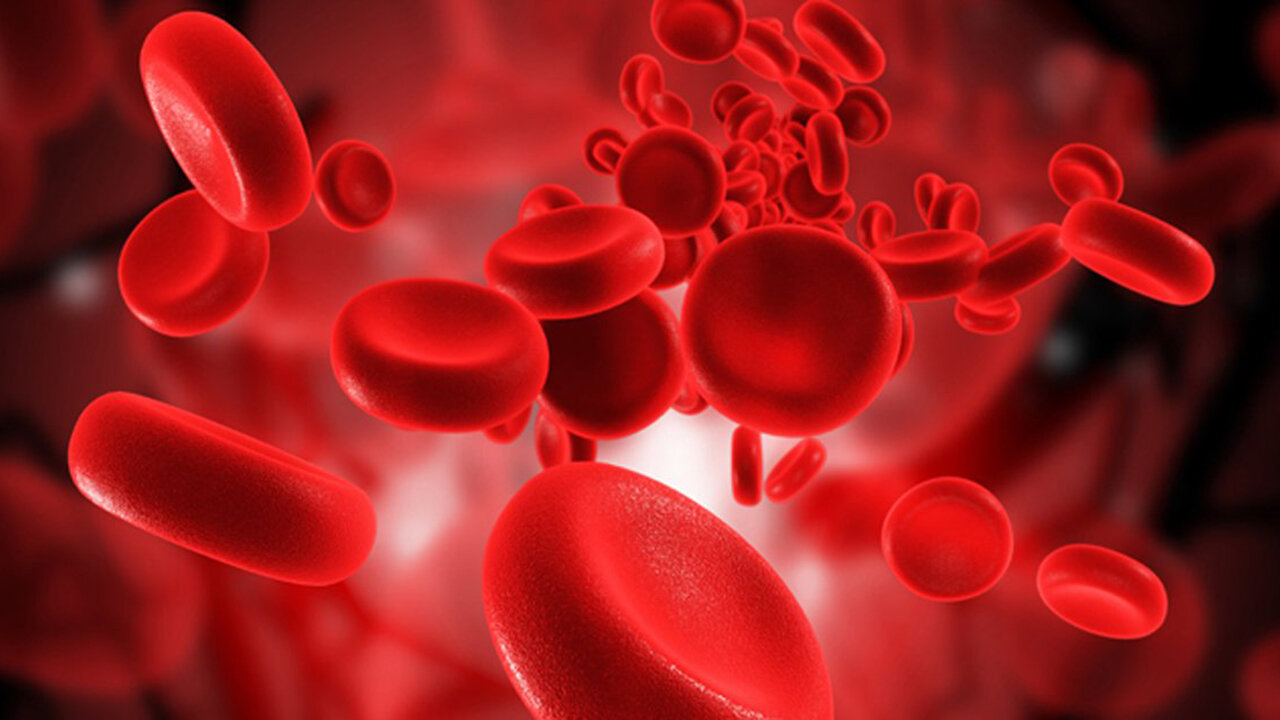Memory of the Blood - ROBERT SEPEHR
expand_moreComments0
unfold_more
775 views 1 day ago
1 views
1 year ago
1 views
1 year ago
1 views
1 year ago
1 views
2 years ago
1 views
2 years ago
5.5M views 2 years ago
34M views 3 years ago
541K views 3 years ago
473K views 3 years ago
423K views 3 years ago
106M views 4 years ago
15M views 4 years ago
15M views 6 years ago
17M views 8 years ago
8.2M views 9 years ago
43M views 9 years ago
56M views 11 years ago
167M views 13 years ago
57M views 15 years ago
41M views 18 years ago
keyboard_arrow_left
navigate_next






















